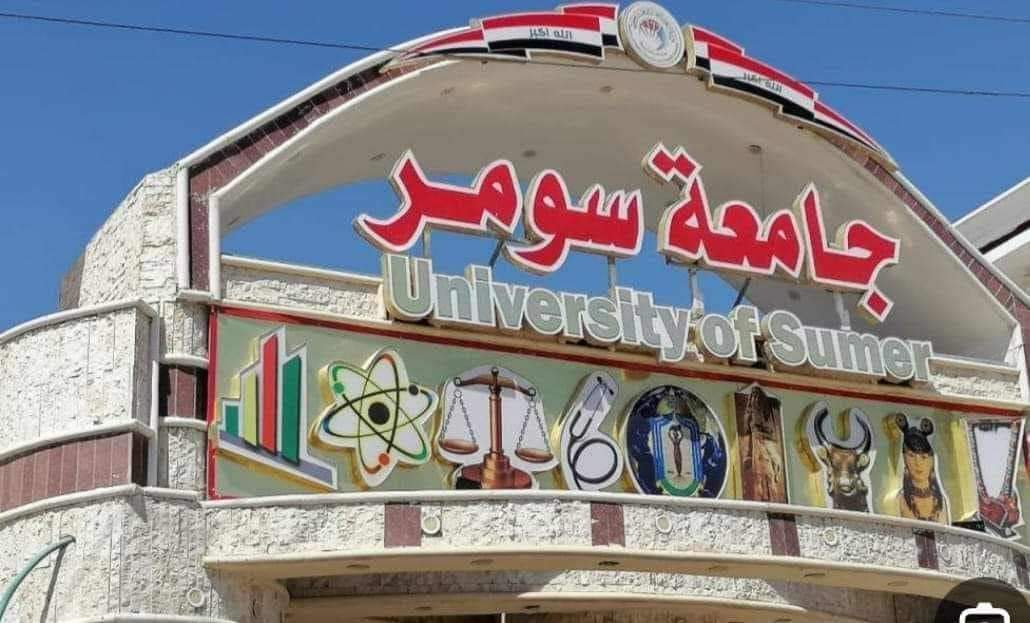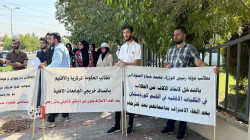Sumer University confirms arrest of professor over "sexual extortion" allegations

Shafaq News/ The University of Sumer confirmed on Thursday the arrest of a professor on charges of sexually extorting female students in exchange for passing grades.
Earlier, a security source in Dhi Qar governorate reported the arrest of the head of the Computer Science Department at Sumer University's College of Computer Science on sexual charges.
In a statement, the university said, "We reject any harm to the reputation of the university and its professors and fully support the legal and administrative procedures followed by the Ministry of Higher Education and Scientific Research." Considering the arrest of the is a "natural procedure within judicial regulations, based on a complaint and the existence of a prior dispute."
The university emphasized its support for judicial authority, stating, "We support the judiciary in all its decisions, reaffirming that the accused is innocent until proven guilty." It also announced the formation of an internal committee to investigate the allegations and determine their validity, with appropriate actions to be taken based on the findings.
The university further noted, "We reserve the right to legally pursue anyone who has tarnished the reputation of the university and its faculty without relying on concrete evidence and before a judicial ruling or confirmation of the accusations."
Last March, the Basrah Court of Appeal sentenced Emad al-Shawi, Dean of the College of Computer Science at the University of Basrah, to 15 years in prison for committing an obscene act.
Images allegedly showing al-Shawi engaging in a sexual act with a female student circulated on social media.
The dean was arrested based on Article 393 of the Iraqi penal code, which imposes penalties on individuals engaging in sexual intercourse with a female without her consent or committing buggery with any person without their permission.
Notably, there are no official statistics related to harassment or sexual abuse in Iraq, as these cases, due to traditions, lie in secrecy, and most of them end in reconciliation or are not pursued due to a lack of evidence.





